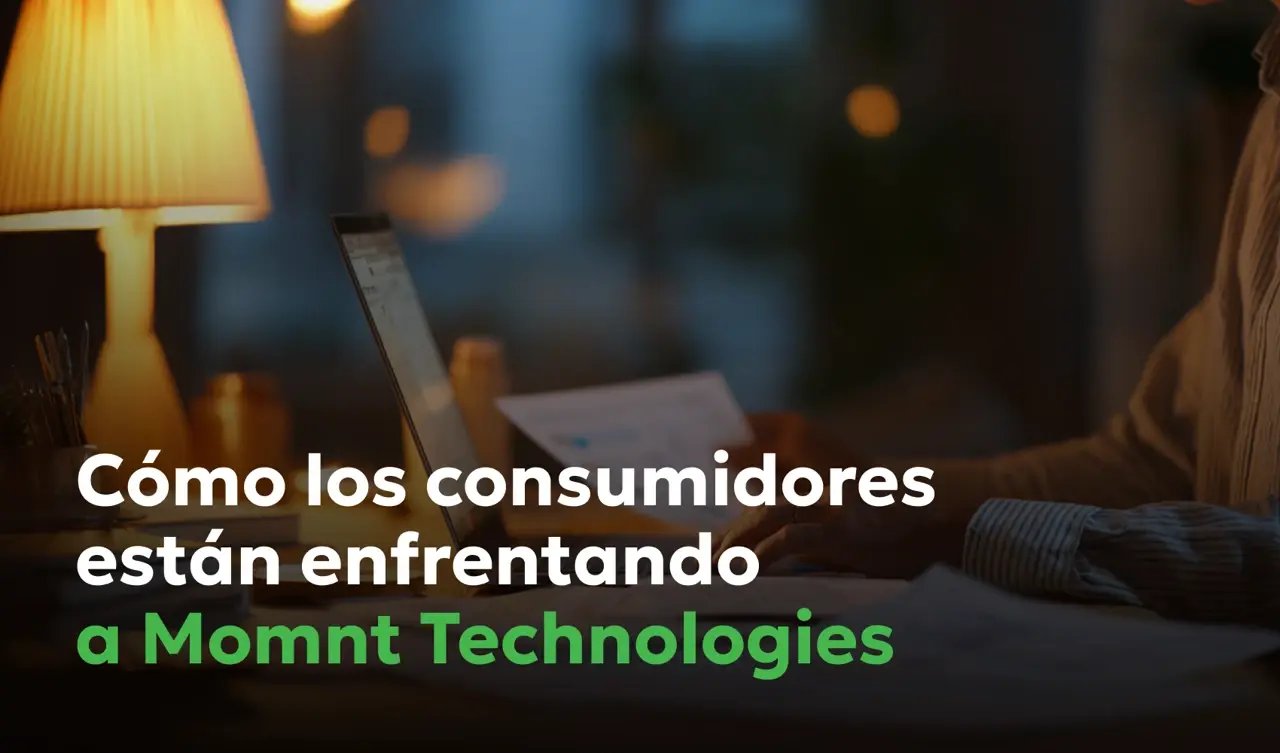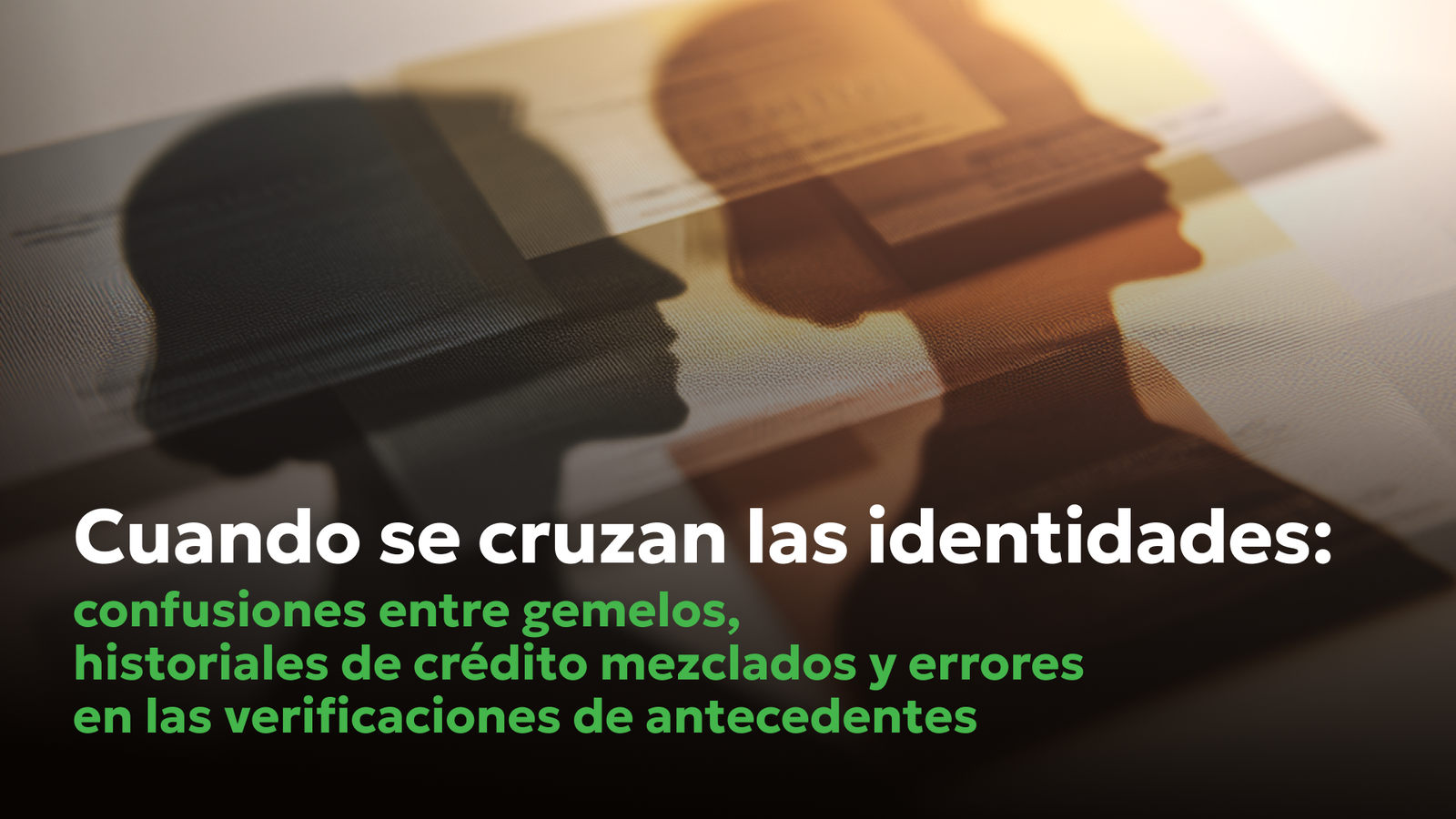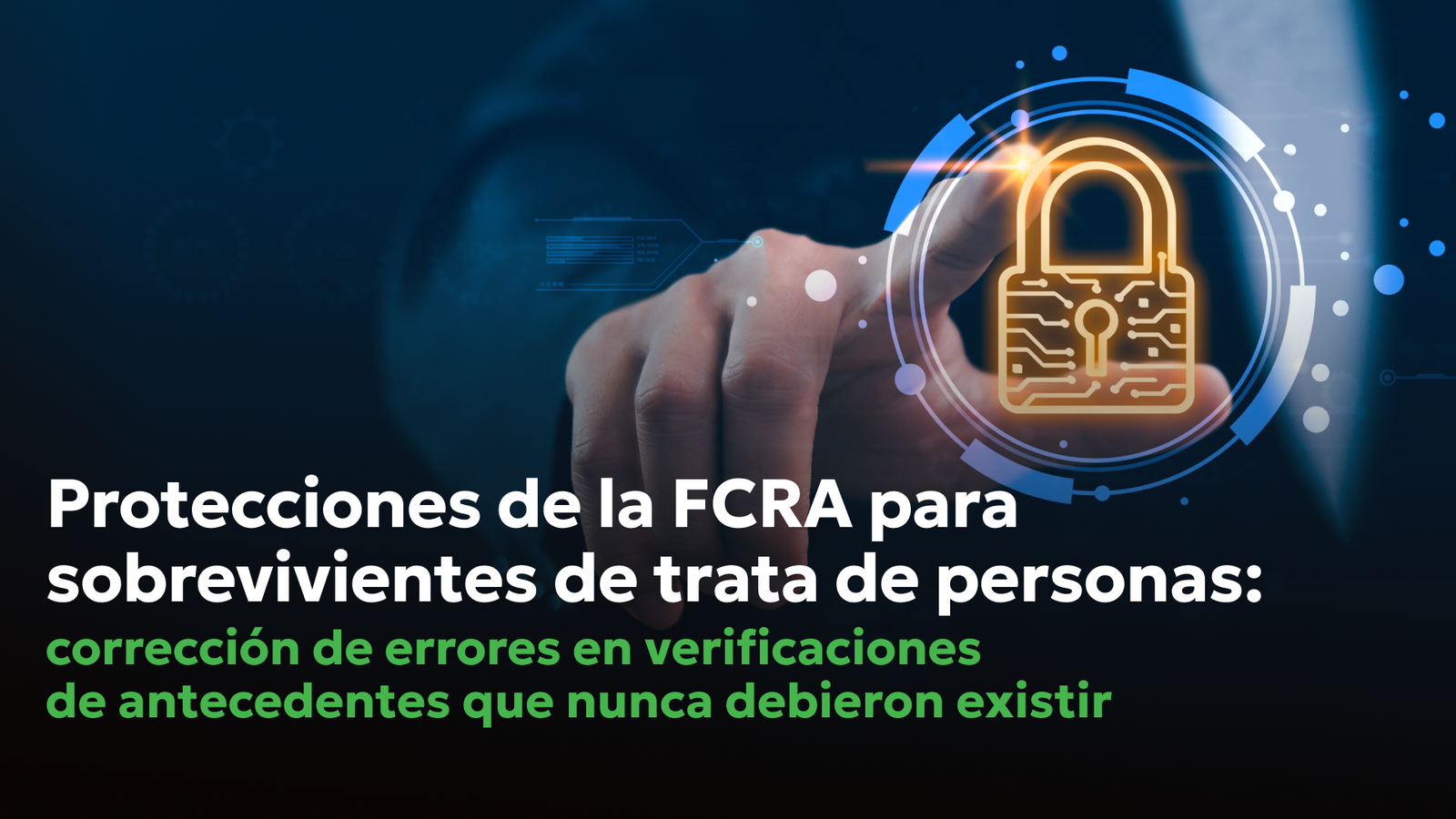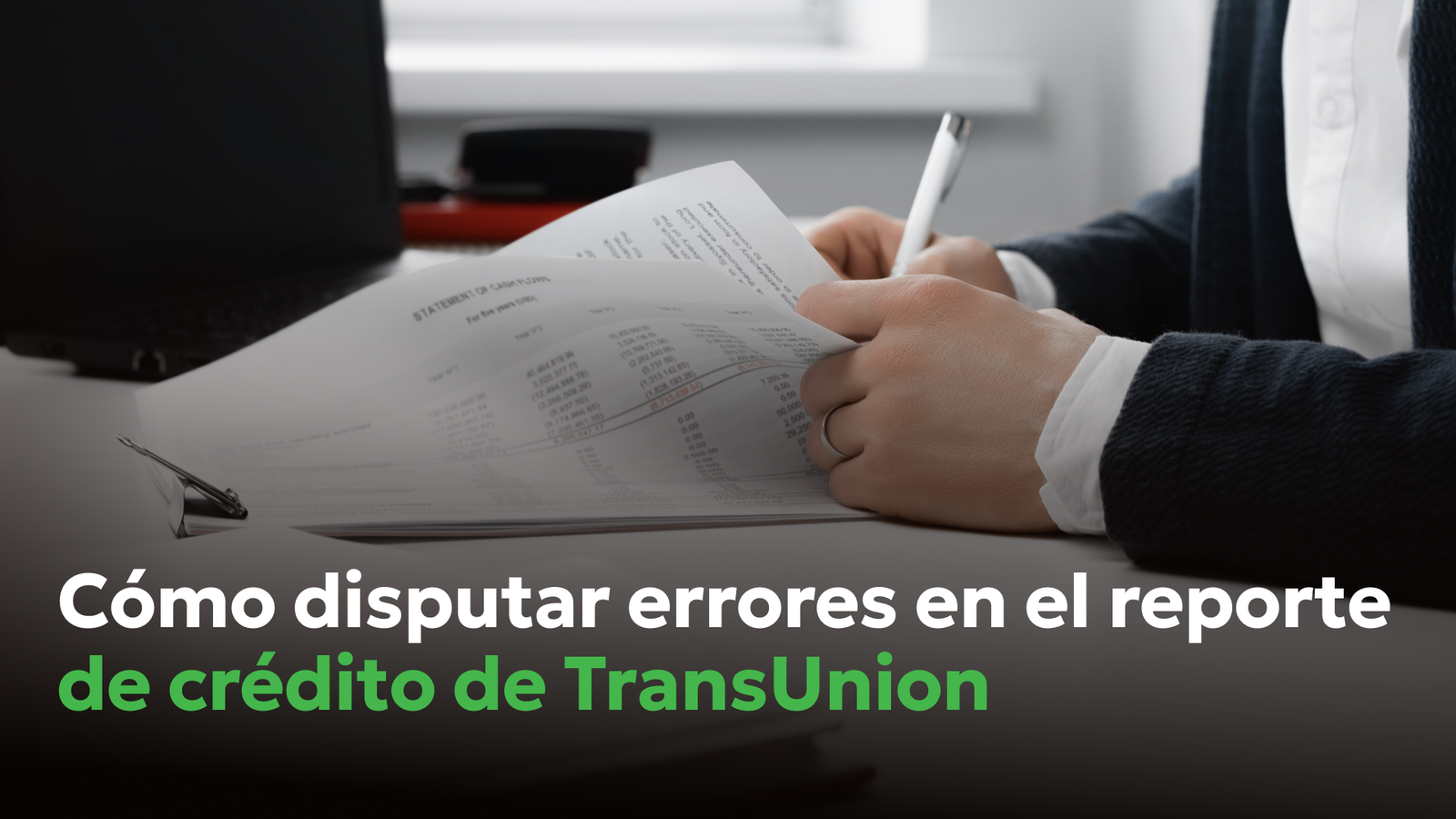¿Qué es una puntuación de crédito L2C?
- Blog
- Inexactitudes en los Informes de Crédito
¿Qué es una puntuación de crédito L2C?

Una puntuación de crédito L2C es una puntuación para personas con historiales de crédito poco tradicionales. Averigüe cómo pueden afectarle las puntuaciones L2C.
En este artículo, Consumer Attorneys explica qué es una puntuación de crédito L2C, por qué es importante, cómo puede afectarle, cómo acceder a los tres informes de crédito de forma GRATUITA y qué debe hacer si encuentra errores en su informe de crédito.
En nuestra economía de consumo actual, tener una buena puntuación de crédito es necesario para realizar compras importantes. Normalmente, cuando alguien menciona una puntuación de crédito, lo primero que viene a la mente es la puntuación de una de las principales agencias de informes de los consumidores (TransUnion, Equifax y Experian), también conocidas como agencias de crédito. Estas puntuaciones son fundamentales a la hora de adquirir nuevas cuentas de crédito, pero existen otros modelos de puntuación que son menos conocidos y que pueden considerarse en algunas decisiones crediticias.
Una de las puntuaciones menos conocidas, pero también importante, es la puntuación crediticia denominada puntuación L2C, proporcionada por L2C Inc. Esta puntuación oscila entre 300 y 850 y algunas fuentes en línea la denominan "Link 2 Credit" o L2C.
Muchos consumidores se preguntan qué tipo de puntaje crediticio es un puntaje L2C. ¡Tenemos la respuesta! Continúe leyendo para obtener más información sobre las puntuaciones L2C y cómo nuestros abogados pueden ayudarle con los errores en el informe de crédito L2C y cómo las puntuaciones L2C pueden afectarle en el futuro.
Descubra- Puntuación de crédito L2C
Para comprender completamente una puntuación L2C, revisemos la historia del modelo de puntuación. La puntuación L2C es proporcionada por la empresa llamada L2C Inc, que fue adquirida por TransUnion alrededor del 2014. Además, L2C Inc. ofrece modelos de puntuación para los consumidores, así como servicios de análisis y utiliza datos de pago alternativos e información de activos para crear puntuaciones únicas, incluidas las puntuaciones de crédito, cobro y marketing.
Dado que una puntuación L2C utiliza datos alternativos, este es el modelo de puntuación preferido de los consumidores que no tienen un historial crediticio extenso o "tradicional" con las principales agencias de crédito.
Los que tienen historiales de crédito menos tradicionales prefieren este método de puntuación porque estima una puntuación basada en los datos del consumidor extraídos de otras fuentes, como pagos de facturas de servicios públicos, pagos de alquileres, facturas de teléfono, etc.
Consulte la tabla de rangos de puntuación a continuación para obtener más información.
Rangos de puntuación
Las tres principales agencias de crédito tienen modelos y rangos de puntuación ligeramente diferentes, pero el que se indica a continuación suele tenerse en cuenta a la hora de determinar la solvencia crediticia.
| Rango de puntuación | Categoría |
| 300 - 579 | Pobre |
| 580 - 669 | Regular |
| 670 - 739 | Bueno |
| 740 - 799 | Muy bueno |
| 800 - 850 | Excepcional |
¿Por qué es importante la puntuación L2C?
Las puntuaciones L2C son importantes porque ofrecen una alternativa para que las personas con un crédito menos que "perfecto" puedan alquilar, abrir cuentas de crédito y conseguir más cosas de las que podrían conseguir con los modelos de puntuación de crédito tradicionales.
No todos los prestamistas utilizan puntuaciones L2C, pero algunos sí. Es más probable que los prestamistas de alto riesgo (los que ofrecen oportunidades de crédito a personas con crédito bajo o nulo) estén familiarizados con las puntuaciones L2C y dispuestos a utilizarlas. Asimismo, las cooperativas de crédito y algunas empresas de gestión de la propiedad utilizan puntuaciones L2C.
La mejor manera de saber si un prestamista está dispuesto a utilizar puntuaciones L2C es preguntándole directamente. También puede revisar su sitio web para ver si menciona modelos de calificación crediticia o cualquier otra información útil.
Errores del informe de crédito L2C
Como cualquier informe de consumidor basado en datos agrupados, pueden ocurrir errores. Cuando lo hacen, las consecuencias pueden ser significativas, especialmente si resultan en denegaciones de préstamos, alquileres, empleos u otras denegaciones. La Ley de Informes de Crédito Justos (FCRA) exige legalmente que todos los modelos de informes y calificaciones de los consumidores basados en datos sean precisos. Esto significa que cuando aparecen errores, la FCRA brinda ciertas protecciones legales, incluida la disputa de los errores, la presentación de una demanda (si es necesario) y la búsqueda de una compensación por cualquier daño sufrido. Si sospecha que los errores están relacionados con el robo de identidad, puede comunicarse directamente con las agencias de crédito (Experian, Equifax y TransUnion) para aplicar medidas de protección como las alertas de fraude o la congelación de los informes de crédito. Estas herramientas evitan que los ladrones de identidad sigan haciendo un uso no autorizado o explotando las vulnerabilidades de los datos. Le recomendamos que se ponga en contacto con un abogado especializado en protección de los consumidores para obtener asesoramiento legal en cuanto detecte algún error.
Contáctenos
Si hay errores en su informe, debe disputarlos de inmediato. Nuestros abogados de informes de crédito están disponibles para ayudar a disputar errores, eliminar errores y presentar una demanda cuando sea necesario.
Preguntas más frecuentes
Puede consultar gratuitamente su informe de crédito en cada una de las tres principales agencias (Equifax, Experian y TransUnion) visitando annualcreditreport.com. Cuando visite el sitio, tendrá que rellenar un formulario para solicitar uno, dos o los tres informes crediticios. El formulario de verificación le pide su nombre, dirección, número del Seguro Social, fecha de nacimiento y otros datos de identificación. Una vez superado este primer paso, podrá solicitar los informes de crédito que desee, ¡GRATUITAMENTE! Asegúrese de revisar cada informe para identificar los errores que desee disputar.
Las tres agencias de informes de crédito más importantes, Equifax, Experian y TransUnion, recopilan datos sobre usted de sus acreedores, prestamistas, cobradores de deudas y registros públicos para crear su informe de crédito. Cada informe crediticio registra información sobre sus pagos, cuentas de crédito, verificaciones de crédito, quiebras, embargos fiscales, demandas de cobro, sentencias y cualquier otro evento crediticio que ayude a contar su historia financiera. Sus acreedores envían mensualmente sus puntuaciones y actividad crediticia a una o más de las agencias. A veces, las puntuaciones pueden variar en función de las agencias a las que informan los acreedores.
Normalmente, es seguro obtener un informe de crédito gratuito. Asegúrese de utilizar annualcreditreport.com porque es un sitio conocido y protegido. A veces, otras empresas que prometen informes de crédito "gratuitos" son en realidad estafas de phishing que intentan robar sus datos personales, así que tenga cuidado. Una vez que reciba sus informes crediticios, asegúrese de revisarlos para detectar cualquier error o información que parezca incorrecta. Los informes de crédito pueden ayudar a descubrir errores e incluso robos de identidad. Es una buena práctica sacar sus informes gratuitos varias veces al año para revisarlos en busca de cualquier información nueva que tenga que disputar más adelante.
Las puntuaciones crediticias suelen oscilar entre 300 y 850, y cuanto más cerca esté de 850, "mejor" será su puntuación. Cuanto más se acerque a 300, peor será la puntuación. Algunos prestamistas de alto riesgo (los que trabajan con personas cuyo crédito no es perfecto) están dispuestos a aceptar una puntuación crediticia más baja a cambio de pagos iniciales más elevados y otras condiciones. Algunos prestamistas de alto riesgo pueden incluso utilizar lo que se conoce como modelo de puntuación de crédito L2C. Consulte nuestro artículo que contiene una tabla de puntuación de crédito, así como más información sobre las puntuaciones de crédito L2C y cómo pueden aplicarse a usted.
No, los modelos de calificación crediticia no sólo se utilizan en los Estados Unidos. Otros países como el Reino Unido y Canadá también tienen modelos de calificación crediticia. Cada país es diferente y aunque algunos países no tienen un modelo llamado "puntaje de crédito" pueden tener algún otro medio para determinar si los ciudadanos son solventes o no. Es importante saber que cada país utiliza su propio sistema y si usted planea mudarse al extranjero, debe hacer una investigación exhaustiva de antemano. Póngase también en contacto con Consumer Attorneys si tiene dudas sobre su solvencia. Hemos ayudado a muchas personas a obtener dinero por errores crediticios y estaremos encantados de ofrecerle una evaluación de su caso.


Daniel Cohen es el fundador de Consumer Attorneys. Daniel gestiona los esfuerzos de branding, marketing, captación de clientes y desarrollo de negocio de la firma. Desde 2017 es miembro de la Asociación Nacional de Defensores del Consumidor y del Centro Nacional de Derecho del Consumidor. Es reconocido nacionalmente en la protección de los consumid... Leer más





Artículos relacionados




R
ES™Usted no asume ningún gasto. La ley exige que ellos paguen.


